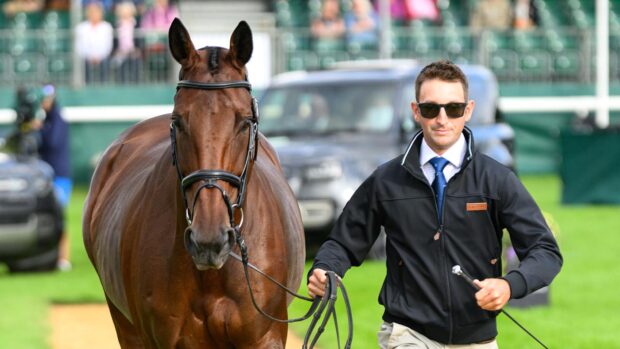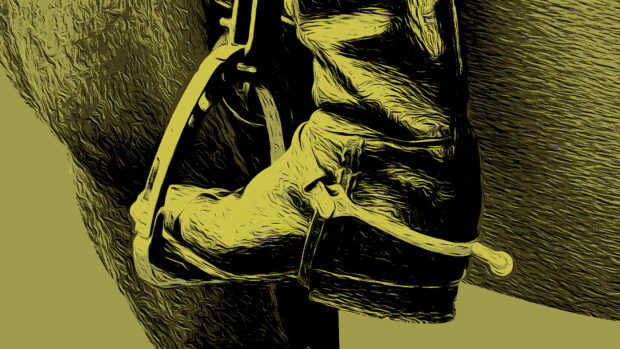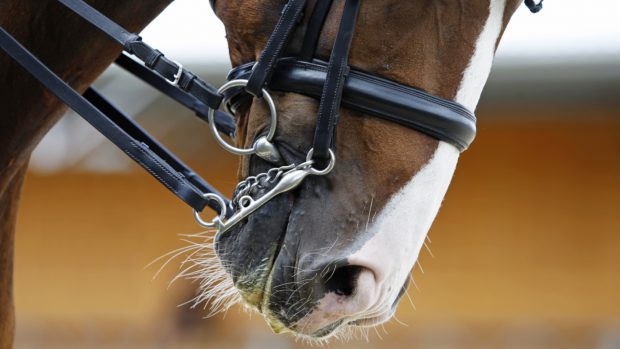An apparent lack of confidence in Princess Haya among European federations has led two senior figures to oppose her bid for re-election as president of the FEI, horse sport’s international governing body.
FEI first vice-president Sven Holmberg and Henk Rottinghuis, vice-chairman of the Dutch federation, will stand against the Princess at the General Assembly in November — the first time a challenge has been made to a sitting president.
Mr Holmberg said: “I was asked to stand after important matters were not presented to the [last] General Assembly according to the rules.”
The Swede chairs the FEI’s showjumping committee.
He threatened to resign after rules that would allow bute in competition were approved at the General Assembly.
High-flying businessman Mr Rottinghuis restructured the Dutch federation in 2001 and sits on the FEI audit and compliance committee.
Stressing the need for “transparent” governance, he said: “Our sport should be inclusive for all and remain relevant in a modern world in which the balance of power is shifting to new continents.”
Princess Haya was elected in 2006, succeeding The Infanta Dona Pilar, who served for 12 years. Before that, Prince Philip served for 22 years and the Princess Royal for eight.
Rules now limit presidents to two four-year terms.
Asked about the election Princess Haya told H&H: “An election that focuses on ways to strengthen, improve and unify our federation is good for the FEI and our sport.”
In 2007, revised FEI statutes made the president its “ultimate head”.
Princess Haya drew criticism for intervening over the Beijing Olympic cross-country course and disbanding the FEI dressage committee soon after.
Although she drove through key clean sport measures, the late proposals to allow non-steroidal anti-inflammatories (NSAIDs) in competition were criticised as undermining the campaign.
The row partly prompted the formation of the European Equestrian Federation, whose 40 members opposed NSAIDs.
And the Princess was key in decisions that led to Britain being relegated from the Nations Cup super league.
The Princess must win a two-thirds majority of 133 member federation votes.
This article was first published in Horse & Hound (13 May, ’10)




